The Kennedy Debutante by Kerri Maher May 21, 2020
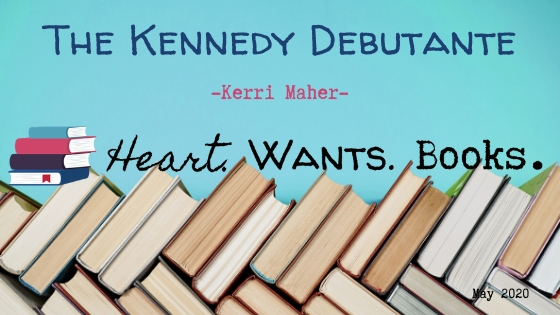
The following post includes affiliate links. More details here.

Shameless book club promotion: Join us at 7:30pm Central Time on Friday 26 June as we discuss Deanna Raybourn’s A Curious Beginning (A Veronica Speedwell Mystery Book 1). If you’re ready to sign up, you can do so here.
Sometimes a book just hits you in the feels like a punch to the gut. Dear readers, that was The Kennedy Debutante by Kerri Maher. It starts out light and lively, and in 1938 London, so we all know where this is headed, even for those of us who had little idea of who the Kennedys were and are (I was today years old when I realized Maria Shriver was connected to the Kennedys). I knew about JFK and Bobby, and had an inkling about Rosemary, but that was it. But wait you say, I thought you weren’t here for WWII fiction. Well, in general I’m not, but sometimes titles sneak into my holds, like this.
Given our present circumstances, I will say, be mindful of your progress in this book. I feel less spoilery discussing the endings of historical fiction, so consider that your warning. The end of this book is brutal and tragic. If you haven’t heard of Kathleen Kennedy, it’s because her time in history is limited and I’ll leave the rest to the pages of this book (or the internet). Just as with any novel, if you feel like your beloved characters are finally in a good spot, beware, drama is coming, just like winter.
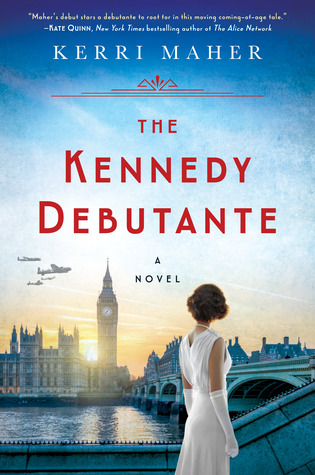
I will confess I am a little sad at the timing for my reading of The Kennedy Debutante because I don’t think I was emotionally prepared for the aforementioned punch in the feels and emotions are a bit high because life is restricted and overly full right now. I don’t regret reading the book though, just the timing. It’s thoughtful, engaging, and well written. It covers about six years but doesn’t leave gaping holes in the timeline, which I very much appreciated. It brings to light a lot of the struggles of American politics during WWII, as well as European politics during the build up to the war. A lot of the time in London is exactly as expected in very similar ways to other WWII fiction, both before and during the war.
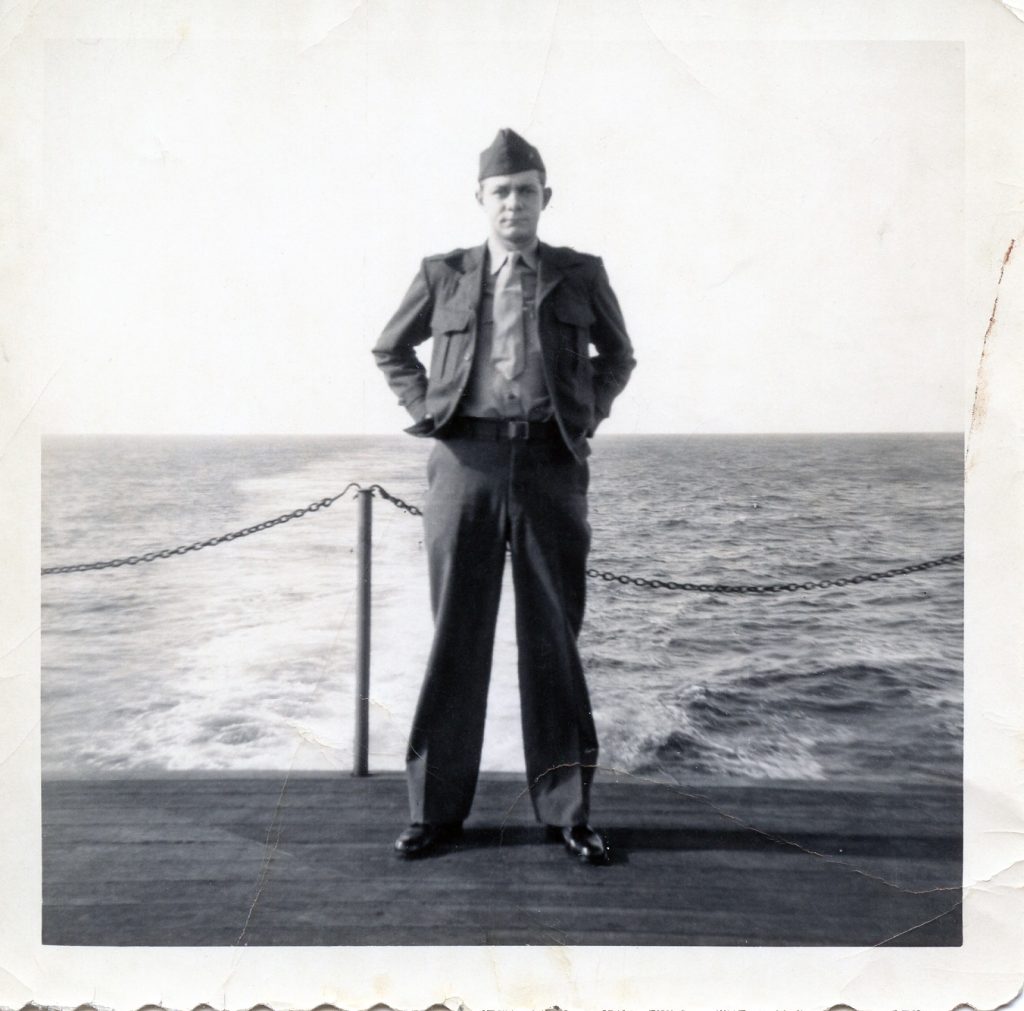
As much as I am sad at my timing for reading The Kennedy Debutante, it also brought to light some things that I don’t think would have resonated with me in the same time during another period in life. My grandparents were the age of some of the younger siblings (6 and 7 years younger than Kick to be exact). They got married in 1947, so they weren’t married during WWII but had a two-year-old (my mom) when my grandfather left for Korea (yes, he served in the Pacific front during WWII and in Korea).

The experiences of the young wives hit me differently than ever before as I’m the primary caregiver for my children these days. I also have a job to do, but household chores are a lot easier now compared to the 1940s or 1950s, as was my grandmother’s experience. My grandmother also was able to move back in with her parents when my grandfather went to war (or rather she had to), so she had easier access help with her young daughter, as she worked outside the home, even as a married woman and a mother. Reading the stories of the community these women found in each other both brings me joy and breaks me apart, as they came alongside each other during the reclaiming of Europe, just as they probably had during the whole of the war. This resonates from years of hearing how my great-grandmother and her neighbor helped my grandparents with my mom as she grew up in a home with two working parents when that just wasn’t the norm at all. Today, women (and men too probably, but that’s not the piece I see) are supporting each other from afar as we all seek to demonstrate love to each other as best we can, and encourage each other to keep calm and carry on (in the English way, as Kick might say) for our communities, for our children, and for ourselves.
I feel like I should say more about The Kennedy Debutante itself rather than how it made me feel, but I don’t want to say much. Kathleen “Kick” Kennedy is the daughter of the American Ambassador to Great Britain and a Kennedy. The book opens with her (and Rosemary’s) debut to King George VI and Queen Mary, and follows her exploits through pre-war London, back to the US, and then as she figures out the difference in what is expected of her and what she wants. Kick is strong, determined, and passionate and has to struggle to set herself back on a path of her own choosing during WWII. Her story is amazing, and the last chunk of the book is just tragic. When you read this, because I hope you will, eventually, don’t skip the author’s notes, they’re amazing and enlightening. I give this book at solid 3.5 and might revisit it, but it’ll be a while. I’m much more interested in the author’s recent release, The Girl in the White Gloves, about Grace Kelly for now.
~Nikki

I have a whole lot of respect for the character and person of Kick Kennedy. But, I also have a lot of issues with situations she was put in and pressure she was put under. Kerri Maher did a fabulous job of immersing me in the life and times of the Kennedy family while Joe Senior was U.S. Ambassador in London and then the experiences of the first few years of WWII through the lens of the second eldest daughter Kathleen. The Kennedy Debutante is Ms. Maher’s debut novel, The Girl in the White Gloves was released just this February and as Nikki mentioned tells the story of Grace Kelly, Hollywood star made Princess by marrying Prince Rainier of Monaco. The author lives outside of Boston with her daughter and labradoodle. She is currently working on a novel called The Paris Bookseller. But, back to the Kennedys…
Growing up Catholic to Baby Boomer parents meant that anything related to the Kennedy clan was like discussing America’s royal family. I was intrigued to read about Kick because of this alone. The Camelot references are obviously secondary to the fact that Kick did become the Marchioness of Hartington when she married. Reading The Kennedy Debutante brought up a whole range of emotions about the expectations placed on Kick, both as a high-profile American in pre-WWII London society, but especially as a Catholic.
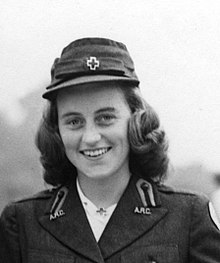
Let’s start with what society expected of Kick, which wasn’t any less than what was expected of her by her Catholic family. She needed to be well-behaved, spend time with the ‘right’ people, not be too opinionated, too exuberant, or too, well, human, honestly. Additionally, she was expected to spend more time with high-ranking Catholics and presumably marry one of the ‘eligible Catholic men’ from either the United States or England – not that there were many of those available in a traditionally Protestant country. She was not expected to find fulfillment in something career-esque, an intellectual fulfillment she personally struggled with wanting to have. In order to fill that void she volunteered at a parish where she was not a congregant without her family knowing about it. When she returned to the U.S. after the start of the war, she did become a journalist though her family, especially her mother, didn’t understand why she would want to live and work away from the family home. She realized that there was more to life than just being a socialite, a wife, and a mother, though she did want all of those things. I feel it’s important to understand that she wanted and went after more than what was expected of her. One of my favorite quotes was between her eldest brother and mother:
Joe Jr. whistled, genuinely impressed. “Well, I’ll be damned,” he said. “My sister’s turned into a regular firebrand.” “If you didn’t know already that Kathleen’s a fighter,” said Rose, her normally shrill voice unusually smooth and low, “then you haven’t been paying attention.”
The Kennedy Debutante by Kerri Maher
Her mother was a source of both great comfort and confusion. She had a solid relationship with her mother, predicated on the fact that she mostly exceeded expectations in all aspects of life, but she could never understand how her mother could be completely happy with the life she lived. I think that’s the perennial question between mothers and daughters of any age. I was not surprised that her mother limited her food intake while on vacation in France with the family, because ‘even dancing can’t undo the ravages of too much champagne and cream sauce.’ [Nikki here – the irony of limiting champagne and cream sauce while vacationing in France!] Then what’s the point of life my friends if you can’t enjoy it! [Next week we’re going to talk about a book that encompasses all of the things I feel regarding restrictive diets, so get prepared!]
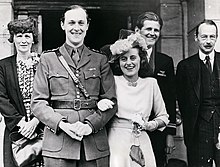
Unfortunately for Kick, the Second Vatican Council and its ecumencial revamp didn’t happen until the 1960’s and so much of the book was taken up with her struggle between her Catholicism and the fact that the man she loved [and who loved her!] was not a Catholic. Her torn heart was difficult to read about because Billy Cavendish, as Marquess of Hartington, wouldn’t agree to convert nor raise his hypothetical future children as Catholics. Kick had to find within herself the thing that was most important to her in her faith life, a love that made her happy or a marriage that made her family and her Church happy. It is something that many persons of any faith struggle with today, but society and most faiths – especially the Catholic church – allow you to love who you love regardless of the promises you must make for the future. As a person within a Catholic-Protestant marriage, it’s a hard decision to make, but I think any God wants his faithful to be happy, and if being without a certain person in your life makes you miserable, then for all that is holy be happy and deal with the ramifications later. I think Kick finally figured that out for herself by the end and I appreciated that so much.
I am glad I read The Kennedy Debutante, even though I, like Nikki, am also burned out on World War II backdrops. I give it four stars for liking it, the writing was lovely and the characterizations and family drama was top notch for me. I don’t foresee rereading it ever, but I’m so here for Ms. Maher’s following books, both of which are on my TBR.
~Ashley


